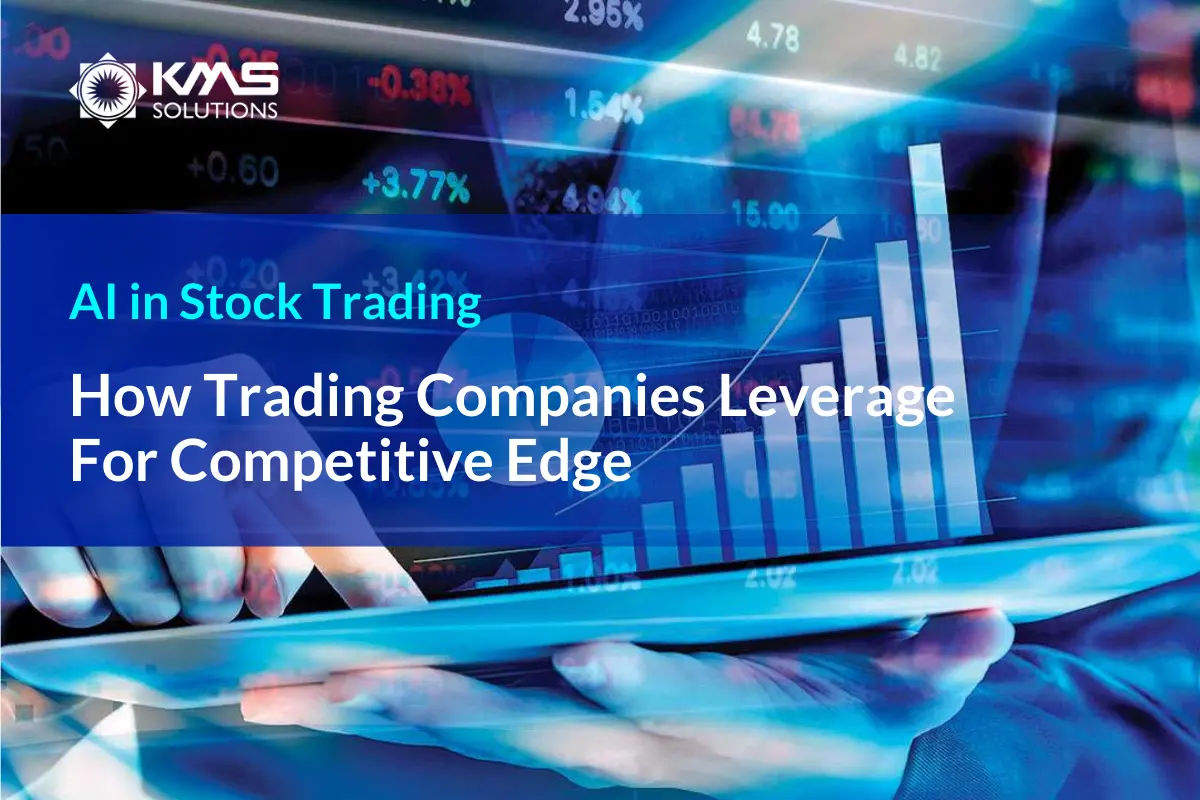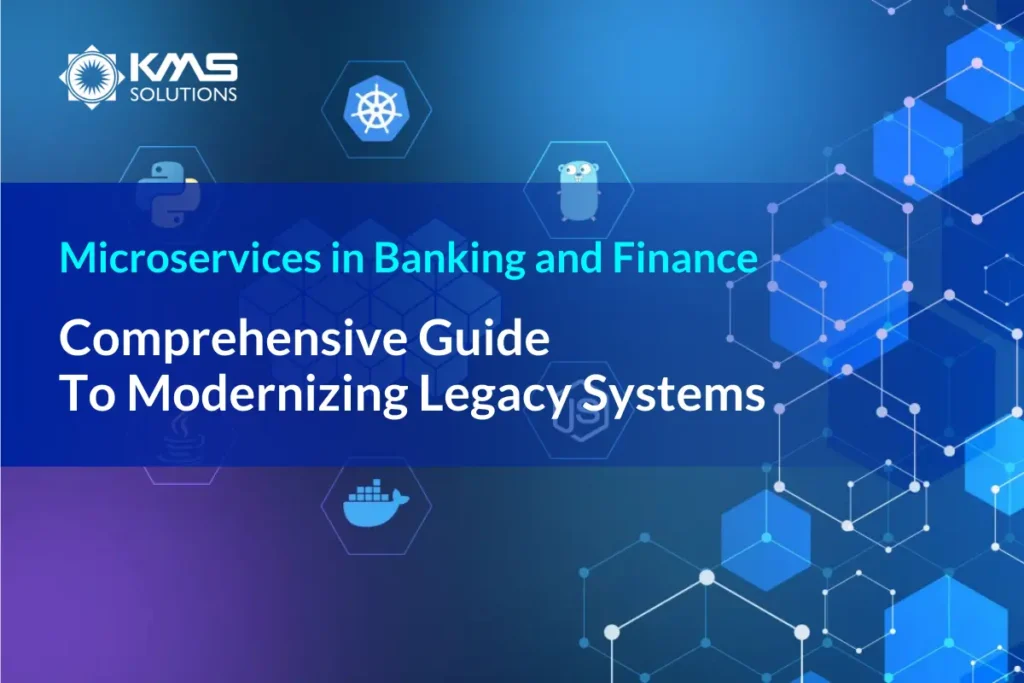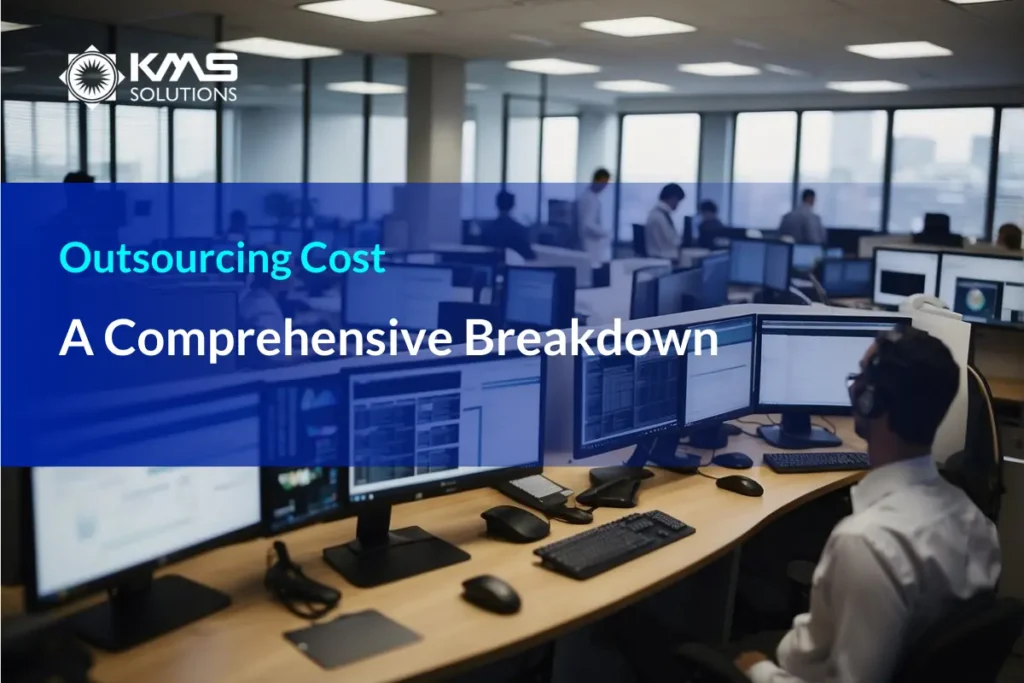The trading industry has always been a dynamic landscape, constantly evolving with new technology. In recent years, the integration of artificial intelligence (AI) has been transformative, helping companies stay ahead in a highly competitive environment. From enhancing data analysis to optimizing trading strategies, AI’s influence in trading is profound. This article delves into how trading companies leverage AI to gain a competitive edge and why it has become indispensable for modern trading platforms.
The Role of AI in Modern Trading
AI has reshaped trading by providing unparalleled analytical capabilities, allowing companies to process large volumes of data in real time. AI-powered tools enable traders to make quicker, data-driven decisions that are crucial for capitalizing on market opportunities. Unlike traditional analysis methods, AI can identify complex patterns within massive datasets, delivering actionable insights that enhance trading precision and risk management.
Read more: Artificial Intelligence in Finance
Key Ways AI Enhances Trading Platforms
AI’s versatility makes it invaluable across various facets of trading. Here are some of the most impactful ways trading companies use AI to strengthen their operations:
Predictive Analytics for Better Trading Decisions
Predictive analytics powered by AI algorithms allows trading platforms to anticipate market movements by analyzing historical and real-time data. By identifying patterns and trends, these tools offer predictions that can guide trading strategies. Machine learning models, especially neural networks, are trained to recognize subtle indicators of market shifts, enabling traders to respond swiftly to changes.
Natural Language Processing (NLP)
Natural Language Processing (NLP) plays a critical role in parsing unstructured data, such as news articles, social media sentiment, and financial reports. Trading companies use NLP to analyze this textual information and gauge market sentiment. With real-time sentiment analysis, traders can better anticipate the impact of news events on the market, enhancing their decision-making capabilities.
Robotic Process Automation (RPA) for Operational Efficiency
RPA (Robotic Process Automation) has become essential for streamlining repetitive tasks in trading operations. By automating time-consuming processes like data entry, compliance checks, and account reconciliation, trading companies can improve operational efficiency and minimize human error. RPA bots can quickly process large volumes of data, allowing human analysts to focus on more strategic tasks, such as analyzing market trends or developing new trading strategies.
AI for Risk Management
Risk management is one of the most critical components of any trading strategy. AI-driven risk assessment tools evaluate a trader’s exposure to various market factors and calculate potential losses based on historical data. AI can also simulate various market scenarios, providing a predictive model of how changes might impact a portfolio. This level of proactive risk management allows trading firms to minimize losses and adjust positions quickly.
Automated Trading Systems
Automated trading systems, powered by AI algorithms, enable traders to execute trades without manual intervention. These systems follow preset rules and parameters and can execute trades at high speeds, taking advantage of market conditions in real time. By reducing human oversight, automated trading platforms eliminate emotional biases and execute trades based on pure data analysis, enhancing precision and efficiency.
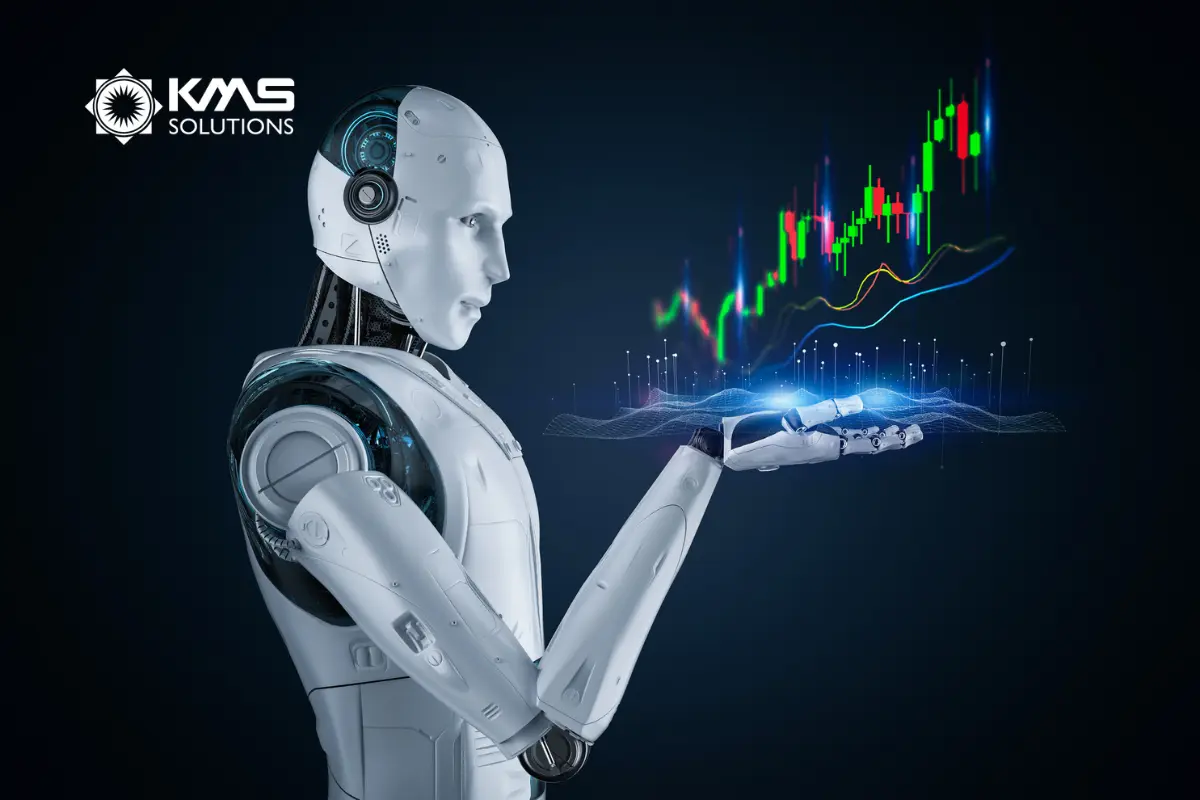
Advanced AI Techniques in Trading
Beyond basic applications, trading companies are investing in advanced AI techniques to elevate their trading strategies. Here are some of the advanced methods employed:
Reinforcement Learning in Trading Algorithms
Reinforcement learning, a branch of AI, is increasingly popular in the development of sophisticated trading algorithms. By continuously learning from previous trades, these algorithms become smarter and more accurate over time. They can adapt their strategies based on evolving market conditions, thereby increasing profitability and minimizing risks.
AI Roles in Software Development for Trading Platforms
AI roles in software development are pivotal as trading companies build AI-integrated solutions. AI engineers and data scientists work to refine algorithms that drive trading platforms. By developing software that adapts to real-time market conditions, they create tools that deliver immediate insights and support quick decision-making, transforming how traders engage with markets.
Quantum Computing in AI-Driven Trading
Although still emerging, quantum computing holds promise for the future of AI in trading. Quantum algorithms could exponentially speed up data processing, allowing for deeper insights and rapid analysis of large datasets. While still in its infancy, quantum computing could revolutionize AI-driven trading by enabling platforms to process vast amounts of data in seconds, thus allowing traders to act on information at unprecedented speeds.
Benefits of AI for Trading Companies
The integration of AI in trading offers numerous advantages, transforming how companies approach market analysis, risk management, and customer engagement. Here’s a summary of the key benefits AI brings to trading companies:
- Enhanced Decision-Making: With predictive analytics and real-time data analysis, traders can make better, more informed decisions.
- Increased Efficiency: Automated trading and RPA bots streamline operations, allowing traders to focus on strategic aspects rather than administrative tasks.
- Improved Risk Management: AI-driven risk models allow for better evaluation of potential losses and faster responses to market changes.
- Cost Reduction: Automation reduces the need for extensive human oversight, cutting operational costs.
- Scalability: AI-powered platforms can handle large volumes of trades and data, making them suitable for growing trading companies.
Challenges and Considerations in AI-Powered Trading
While AI presents exciting opportunities, trading companies must be mindful of potential challenges:
- Data Quality: AI algorithms rely on high-quality data for accurate predictions. Poor data quality can lead to flawed decisions.
- Cybersecurity Risks: AI systems are vulnerable to cyber threats, and trading platforms must invest in robust security measures.
- Regulatory Compliance: The use of AI in trading raises regulatory questions. Companies must stay informed about regulations to ensure compliance.
How to Implement AI in Trading: Steps for Success
To leverage AI effectively, trading companies should follow a structured approach:
- Identify Areas for AI Integration: Determine which processes—whether predictive analytics, risk assessment, or operational automation—would benefit most from AI.
- Develop a Strong Data Strategy: Ensure the collection of high-quality data and invest in data management systems that enable AI to perform optimally.
- Collaborate with AI Experts: Engage with data scientists, AI engineers, and domain experts to develop and refine AI-driven models.
Regularly Evaluate Performance: AI models should be regularly assessed to ensure they deliver the desired outcomes. Performance reviews help refine algorithms to adapt to changing market conditions.
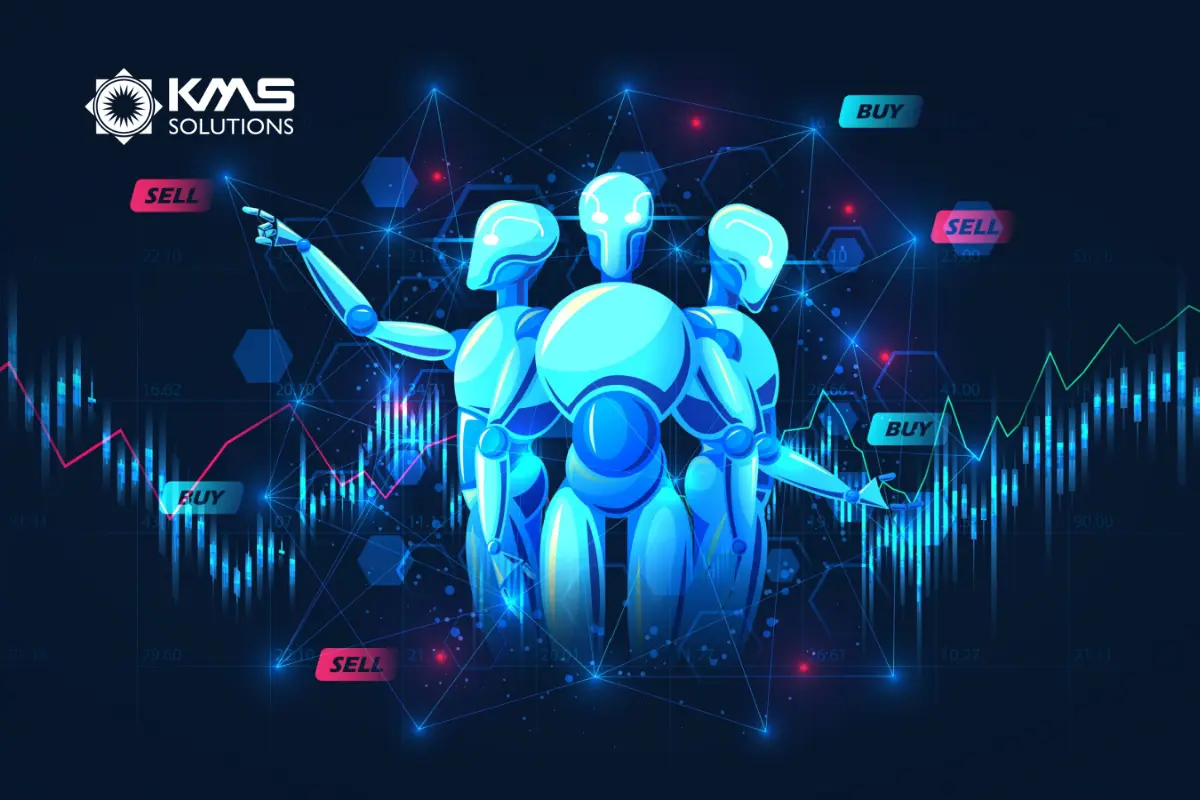
Why Choose KMS Solutions for AI Implementation in Trading Platforms
When it comes to deploying AI solutions in trading, partnering with the right technology provider is critical. KMS Solutions offers end-to-end support in AI integration, from custom algorithm development to comprehensive automation. With expertise in RPA, NLP, and AI software engineering, KMS Solutions empowers trading companies to maximize their competitive advantage through tailored, high-performance AI solutions. Their skilled team ensures a seamless deployment that aligns with your business goals, so you can achieve faster, data-driven decision-making.
Discover how KMS Solutions can help you take your trading platform to the next level—contact KMS Solutions today to start your AI transformation.
Read more: Artificial Intelligence in Banking
Conclusion
AI has become a cornerstone of modern trading platforms, driving innovation and enhancing competitiveness. From predictive analytics to automated trading and risk management, AI empowers trading companies to navigate complex markets with precision. By understanding the benefits, challenges, and strategies for AI integration, trading companies can effectively leverage this technology for a sustained competitive edge. And with partners like KMS Solutions at the forefront of AI implementation, the path to advanced, AI-driven trading is within reach.

